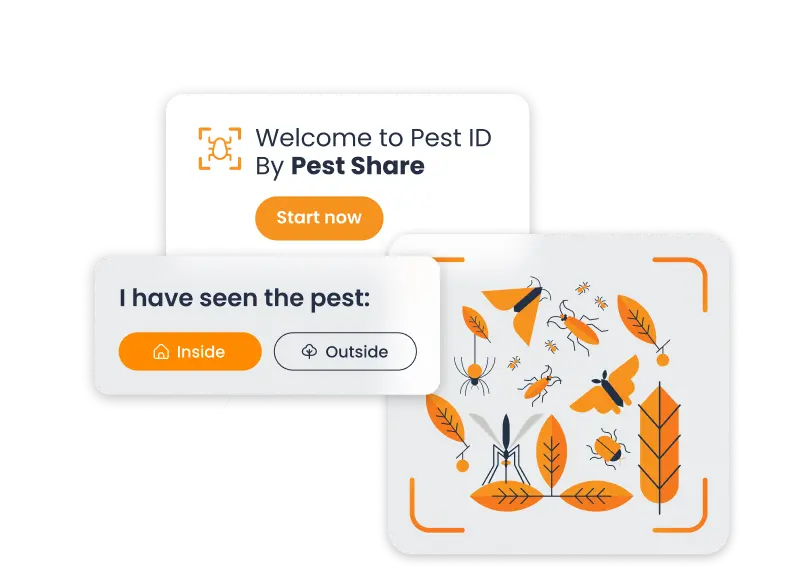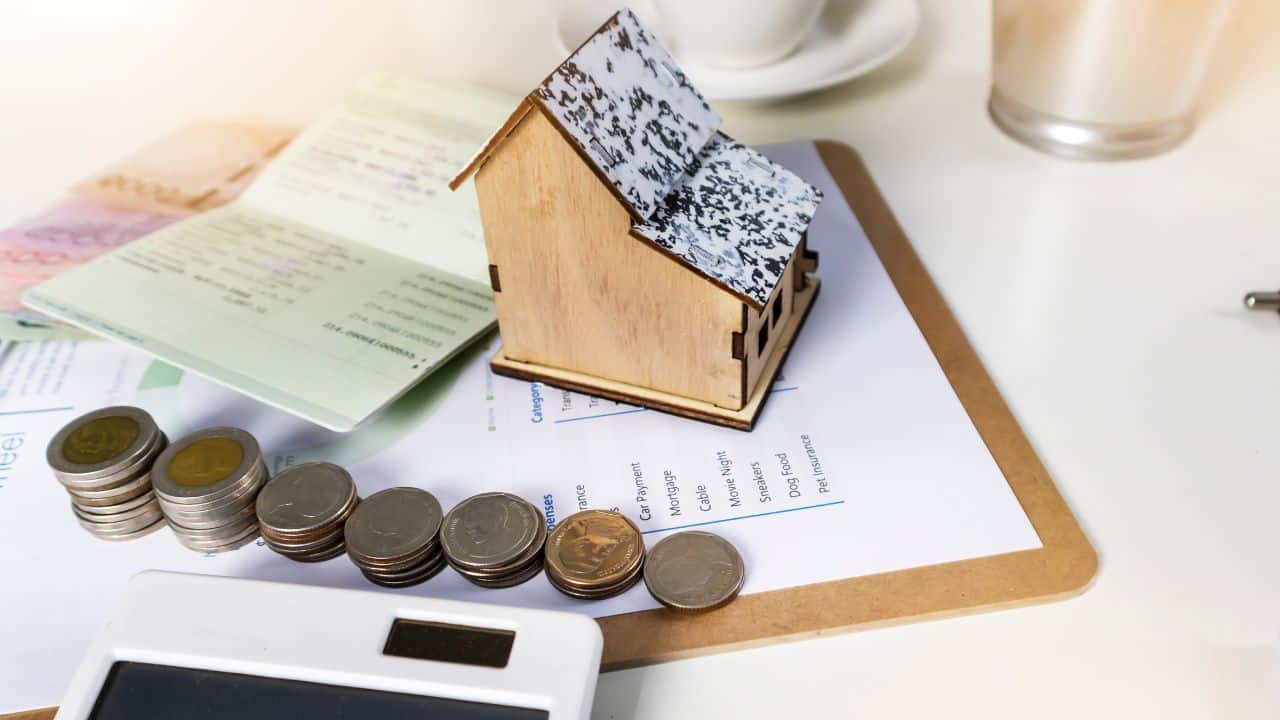Property management isn’t just about taking care of the building—it’s about taking care of the people who live there. A happy resident means fewer headaches and better retention. That’s where a resident experience app comes in. This tool helps streamline communication, improves satisfaction, and strengthens relationships. But how does it work, and why should you consider it?
Making Communication Effortless
Effective communication lies at the heart of tenant satisfaction. Miscommunication or lack of timely responses can lead to frustration and dissatisfaction, often driving tenants to seek alternatives. Traditional methods like phone calls or emails can be time-consuming and unreliable, leading to delays and misunderstandings.
A resident experience app simplifies communication by offering real-time messaging and structured ticketing systems. Tenants can report issues or ask questions with just a few taps, while property managers can track and respond efficiently. For example, if a tenant notices a leaking pipe, they can submit a detailed request immediately through the app, complete with photos or videos for clarity.
Beyond individual queries, these apps allow property managers to communicate updates to the entire building or community. Whether it’s notifying tenants about elevator maintenance, a parking lot closure, or changes to office hours, instant notifications ensure everyone is on the same page. When tenants feel well-informed, it builds trust and reduces feelings of neglect, which are common reasons for dissatisfaction.

Modern Pest Control, Simplified.
with Pest Share!
Transforming Maintenance Requests
Maintenance issues are one of the most frequent pain points for tenants. The traditional process often involves tenants leaving messages, waiting for callbacks, or repeatedly following up to check the status of their request. These inefficiencies can make tenants feel ignored or undervalued.
A resident experience app eliminates these frustrations by streamlining maintenance workflows. Tenants can log requests directly through the app, selecting the specific issue from a predefined list or providing a detailed description. The ability to attach images or videos ensures clarity and reduces the chances of miscommunication.
For property managers and maintenance teams, the app organizes these requests into manageable queues, prioritizing urgent issues and tracking progress. Tenants can check the status of their request in real time, whether it’s “received,” “in progress,” or “completed.” This transparency not only reassures tenants but also reduces the need for constant follow-ups, saving time for both parties.
Building a Stronger Sense of Community
Living in a property that feels like a disconnected collection of strangers can leave tenants indifferent about staying long-term. On the other hand, fostering a sense of community creates emotional ties that encourage retention.
Resident experience apps are uniquely positioned to build this sense of belonging. Features like virtual bulletin boards, resident forums, and event calendars encourage interaction among tenants. Property managers can use the app to organize and promote events such as holiday gatherings, fitness sessions, or local charity drives.
Even small gestures, like allowing tenants to exchange services or goods through a community marketplace within the app, can go a long way in making them feel connected. For example, a tenant looking to sell furniture before moving out can easily list it on the app, while another tenant can benefit from a great deal.
This sense of connection transforms a property from just a place to live into a community where tenants feel valued and engaged, increasing their likelihood of staying longer.
Offering Independence Through Self-Service
Modern tenants value independence and convenience. A resident experience app can empower them to handle routine tasks on their own, reducing the need for direct interaction with property management.
For instance, paying rent becomes a seamless process with in-app payment options, eliminating the need to write checks or visit an office. Tenants can also schedule recurring payments, set reminders, or track their payment history, providing them with full control over their financial obligations.
The app can extend this self-service convenience to other areas, such as reserving amenities like the gym or clubhouse, updating contact information, or accessing digital copies of lease agreements. By putting these capabilities directly into tenants’ hands, the app simplifies their lives and eliminates unnecessary friction.
Personalized Experiences for Each Tenant
Personalization is no longer a luxury—it’s an expectation. Tenants want to feel like their individual preferences and needs are acknowledged. A resident experience app can help property managers provide tailored experiences by collecting and analyzing data about tenants’ habits and interests.
For example, if a tenant frequently uses the pool or attends fitness classes, the app can send updates about new activities or changes to facility hours. Similarly, if a tenant has reported maintenance issues in the past, the app can proactively offer tips or solutions to prevent similar problems in the future.
Even small gestures, like sending a birthday message or a reminder about renewing the lease, can create a positive impression. These personalized touches make tenants feel valued, strengthening their loyalty to the property.
Enhancing Security
Safety is one of the top priorities for any tenant, and a resident experience app can play a vital role in ensuring it. Many apps integrate with smart building technologies, offering features like remote-controlled smart locks, access logs, or live security camera feeds.
In emergencies, the app can serve as a centralized communication platform. For example, if there’s a fire alarm or a severe weather alert, property managers can send notifications to all tenants with clear instructions. Tenants can also use the app to report security concerns, such as unauthorized access or suspicious activity, ensuring quick action.
Knowing that their safety is being prioritized builds confidence and trust among tenants, making them more likely to stay.
Transparent Financial Management
One of the quickest ways to frustrate tenants is through unclear or incorrect billing. Whether it’s a discrepancy in rent charges, late fees, or utility bills, a lack of transparency can lead to disputes and mistrust.
A resident experience app provides a clear and organized view of all financial transactions. Tenants can see detailed breakdowns of their charges, track payment histories, and even set up automatic payments to avoid late fees.
For property managers, this transparency reduces the workload associated with resolving billing disputes, freeing up time for other tasks. When tenants feel confident in the accuracy of their payments, it creates a smoother relationship and reduces friction.
Supporting Sustainable Living
Sustainability is becoming a key concern for many tenants, especially younger generations who prioritize eco-friendly practices. A resident experience app can promote sustainability by providing tools and resources for greener living.
For example, the app can track individual energy or water usage, allowing tenants to monitor and reduce their consumption. It can also provide reminders or incentives for recycling, composting, or participating in community clean-up events.
Some apps take it a step further by gamifying sustainability efforts, rewarding tenants with points or perks for adopting eco-friendly behaviors. These features not only align with tenants’ values but also create a sense of collective responsibility within the community.
Collecting Feedback and Acting on It
Tenants want to feel heard, especially when they have concerns or suggestions for improvement. A resident experience app provides an easy way to collect feedback, whether through surveys, ratings, or comment sections.
More importantly, property managers can use this feedback to identify pain points and implement changes that improve the living experience. For instance, if multiple tenants report dissatisfaction with parking availability, the app can highlight this issue, prompting property management to explore solutions.
When tenants see that their feedback is being taken seriously and acted upon, it reinforces their trust and satisfaction, encouraging them to stay longer.
Standing Out in a Competitive Market
In a crowded rental market, tenants have countless options. Offering a resident experience app sets a property apart by showcasing a commitment to modernity, convenience, and tenant satisfaction. It’s no longer just about offering basic amenities; tenants expect a higher level of service that aligns with their tech-savvy lifestyles.
Properties equipped with such apps are more likely to attract high-quality tenants who value innovation and efficiency. Once they experience the benefits of a well-designed app, they’re more likely to renew their leases rather than look elsewhere.
A resident experience app isn’t just a tool; it’s a strategy for building lasting relationships with tenants. By streamlining communication, enhancing security, fostering community, and providing personalized services, it transforms the living experience from ordinary to exceptional. For landlords and property managers, this means happier tenants, fewer vacancies, and a stronger bottom line.





